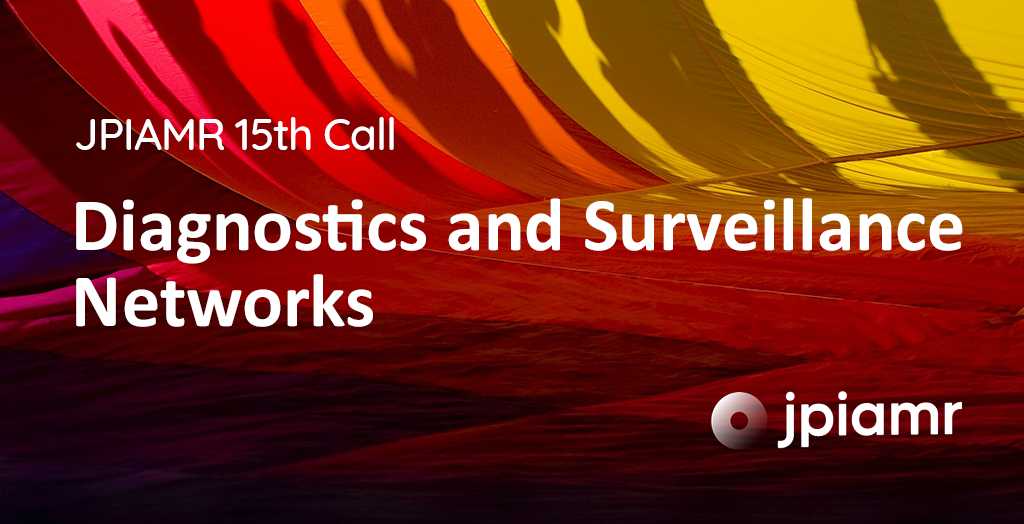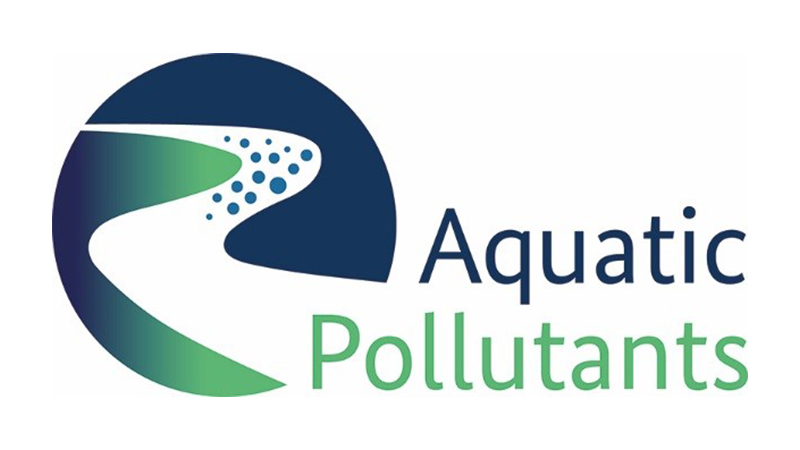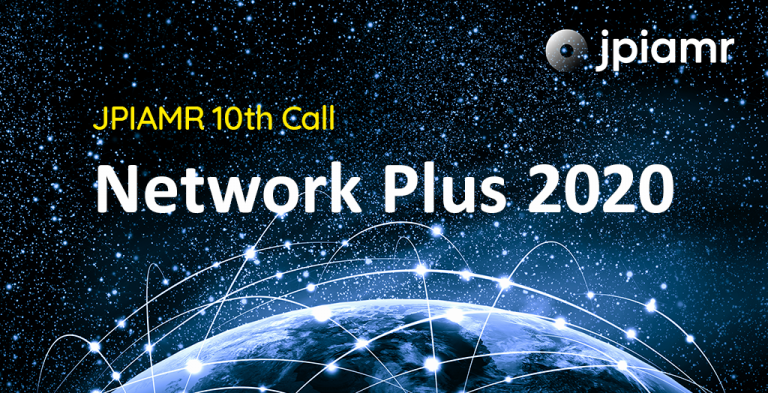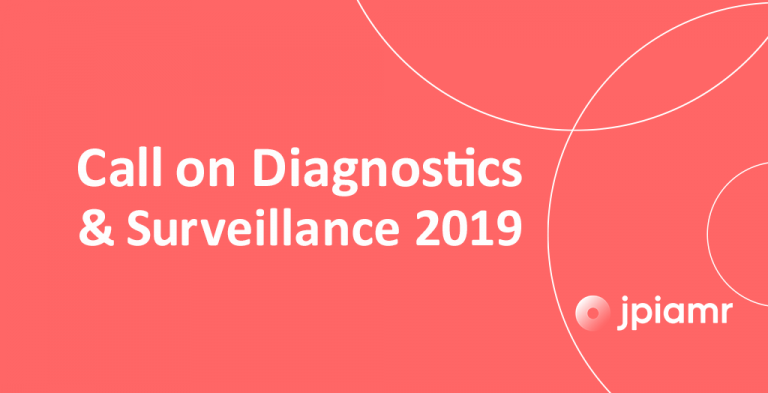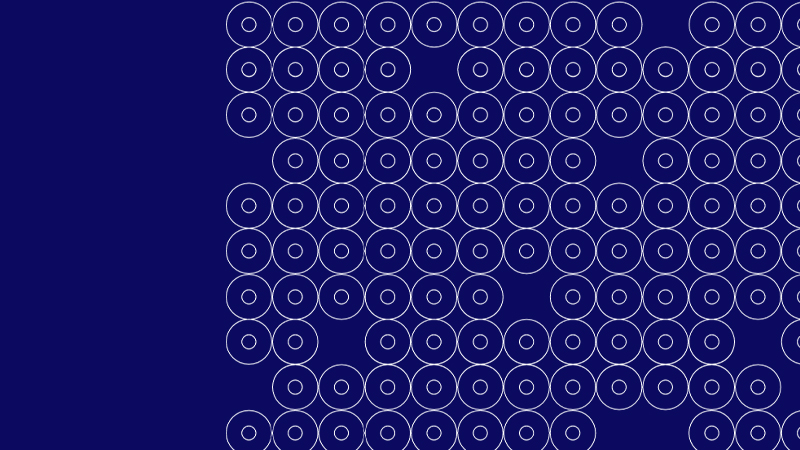JPIAMR is launching an international call for projects under the umbrella of JPIAMR and within the framework of the ERA-NET JPIAMR-ACTION. The call Development of innovative strategies, tools, technologies, and methods for diagnostics and surveillance of antimicrobial resistance involves 23 funders from 19 countries. The total estimated call budget is about 19,1 million Euro.
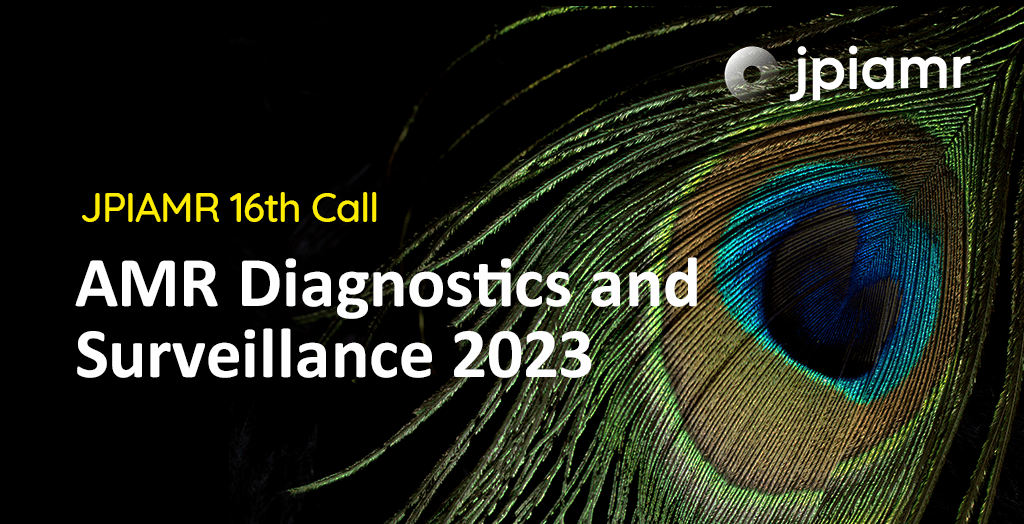
This call is closed.
To take action against the growing global threat of increasing resistance in pathogenic organisms, and the spread of antimicrobial resistance (AMR), this call aims to fund research projects developing novel or improving existing strategies, tools, technologies and methods for diagnosis and/or One Health AMR surveillance.
Through this call, the ERA-NET JPIAMR-ACTION intends to create and reinforce the collaboration between research partners coming from different countries and different fields of expertise to promote research on antimicrobial resistance. The results of the funded projects should contribute to improved understanding, monitoring, detection and mitigation of infection and AMR, or optimisation of antimicrobial use where efforts to curb AMR will have a global impact on human, animal and plant health and food safety and security.
In the scope of this call, antimicrobials include antibiotics, antifungals and disinfectants (biocides).
Topics of the call
Proposals should aim to address unmet needs in the AMR diagnostics and surveillance sectors beyond the current state of the art, by focusing on one of the topics of the call:
Topic 1: To develop novel, or improve existing, diagnostics, including point of care diagnostics, that can rule out antimicrobial use or help identify the most effective antimicrobial treatment.
Within this topic projects may:
- Develop new, improve or repurpose existing strategies, technologies, and methods for the rapid, accurate and affordable detection of bacterial or fungal infection and/ or resistance patterns and elements.
- Study ways to facilitate and implement the uptake and use of existing diagnostics in varied economic settings
- Optimise the use of tools, technologies, and methods for diagnostic data capture and usage, for example in conjunction with surveillance strategies.
Topic 2: To develop or improve existing strategies, technologies or methods, or data use strategies to support One Health AMR surveillance.
Within this topic projects may:
- Develop new or improve existing strategies, technologies, and methods for the detection, analysis, monitoring and use of AMR and AMU data. This can include the analysis of existing data or the application of existing surveillance strategies, technologies, and methods to additional OH settings.
- Explore the standardisation, FAIRification and linkage of methodologies, datasets and relevant indicators to perform globally comparative, integrated and triangulated surveillance of AMR/AMU in humans, animals (including companion animals, livestock and wildlife), plants, food, and the environment.
The following sub-topics are out of the scope of the call:
- antiviral and antiparasitic agents,
- proposals solely aiming to extend existing surveillance networks (e.g. GLASS, national surveillance programmes).
In the framework of this call, proposals addressing diagnostics (Topic 1) may focus within any individual One Health setting. Surveillance-focused proposals (Topic 2) should focus within two or more settings of One Health or extend to a new OH setting. In case of proposals focusing on existing surveillance strategies, the proposal should extend to at least one additional OH setting.
Eligibility
Eligibility rules for the consortia are:
- Consortia must include a minimum of three (3) eligible partners asking for funding from three (3) different eligible countries (including at least two amongst EU Member States or Associated Countries).
- Consortia should consist of a maximum of six (6) project partners (including non-funded partners). The maximum number of partners can be increased to seven (7) if the consortium includes: a) at least one partner from an under-represented country (including LDCs), b) at least one partner where the Principal Investigator meets the definition of an Early Career Researcher, or c) a company.
For the purpose of this call:
- the under-represented countries are Lithuania, Moldova, Poland, and Least Developed Countries,
- Least Developed Countries (LDCs) are low-income countries confronting severe structural impediments to sustainable development, according to the DAC list of ODA recipients. Read more under “Information and application”.
- an Early Career Researcher is a person with up to 8 years after PhD, holding a position at a recognized institution. The eligible extensions of the 8 year period are listed in the call text.
The budget of non-funded partners shall not exceed 30% of the requested total transnational project budget requested. Funding is granted for a maximum of three (3) years in accordance with national regulations and applicable legal provisions.
Timeline
The call Development of innovative strategies, tools, technologies, and methods for diagnostics and surveillance of antimicrobial resistance will follow a two-step evaluation procedure.
16 January 2023, 12h CET – Call opens
7 March 2023, 14h CET – Deadline pre-proposals
4 July 2023 – Deadline for full proposals
Please contact the call secretariat if you have any questions about the call: JPI.AMR@ncn.gov.pl
Information & application
- Call text (pdf 0,8 MB). All specific information on the call “AMR diagnostics and surveillance 2023”. Updated 2023-02-01: Changes in Annex B (National Rules and Requirements) for Hungary and Poland.
- Pre-proposal application form (Word file 0,1 MB). The application form must be attached to the application in the submission platform. Updated 2023-02-01: Hungary included as underrepresented country.
- Submission platform. The pre-proposal must be submitted by the coordinator before 7 March 2022, 14h CET using the online submission platform. Due to the update of the list of participating countries and the pre-proposal form, the submission platform may be experiencing issues on February 1 and 2, 2023. We are sorry for the inconvenience.
- Applicants from LDC countries: Sida can support the participation of researchers from low-income countries in sub-Saharan Africa, and other sub-Saharan African countries where Sweden has bilateral development cooperation. General Conditions applicable to Grants from Sida to NGO:s, regarding project/programme support and core support (pdf 0,2 MB)
Webinar for applicants
A live webinar for applicants was held on the 24th of January 2023. This webinar presented the call and the partner search tool. Representatives from funders participating in the call answered questions live.
The webinar was recorded, and the videos can be found here:
Questions and Answers:
Partner Search Tool
A match-making tool has been created for applicants, to facilitate networking and the creation of consortia: Partner search tool “AMR Diagnostics and Surveillance 2023”
The tool can be consulted for several purposes:
- Partner looking for project: As individual researcher or a representative of a lab or research team, searching for a project to join.
- Project looking for partner: If you want to build a consortium around an existing project and want to find partners for your project ideas.
Funders
Partners working in eligible Least Developed Countries (LDCs) in Africa can be funded by the Swedish International Development Cooperation Agency (Sida).
Australia
National Health and Medical Research Council (NHMRC)
Belgium
Fonds de la Recherche Scientifique (FNRS)
Canada
Canadian Institute of Health Research (CIHR)
Estonia
Estonian Research Council (EtAg)
France
Agence Nationale de la Recherche (ANR)
Hungary
National Research, Development and Innovation Fund
Germany
Deutsches Zentrum für Luft- und Raumfahrt (DLR)
Ireland
Health Research Board (HRB) Health Research Board (HRB)
Department of Agriculture, Food and the Marine (DAFM))
Israel
Ministry of Health (CSO-MOH)
Italy
Ministry of Health (It-MOH )
Fondazione Regionale per la Ricerca Biomedica (FRRB)
Lithuania
Research Council of Lithuania (LMT)
Moldova
Agentia Nationala Pentru Cercetare Si Dezvoltare (ANCD)
Netherlands
Zorgonderzoek Nederland Zon (ZonMw)
Poland
National Science Centre (NCN)
South Africa
South African Medical Research Council (SAMRC)
Spain
National Institute of Health Carlos III (ISCIII)
Sweden
Swedish Research Council (SRC)
Swedish International Development Cooperation Agency (Sida)
Switzerland
Swiss National Science Foundation (SNSF)
United Kingdom
Innovate UK
Medical Research Council (UKRI MRC)
Biotechnology and Biological Sciences Research Council (UKRI BBSRC)
Engineering and Physical Sciences Research Council (UKRI EPSRC)
Supported projects
Seventeen projects involving 93 partners from 23 different countries have been recommended for funding within the JPIAMR 16th transnational call: “Development of innovative strategies, tools, technologies, and methods for diagnostics and surveillance of antimicrobial resistance” The total requested funding amount is 20,8 M€. Click on the project titles in the list below to learn more on each project.


